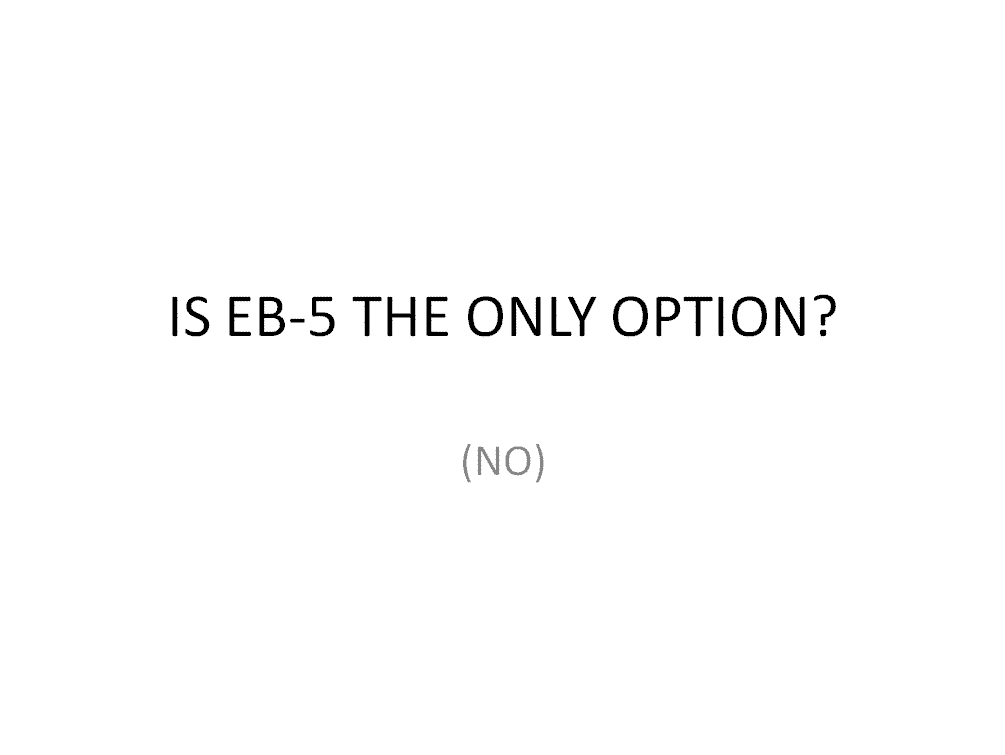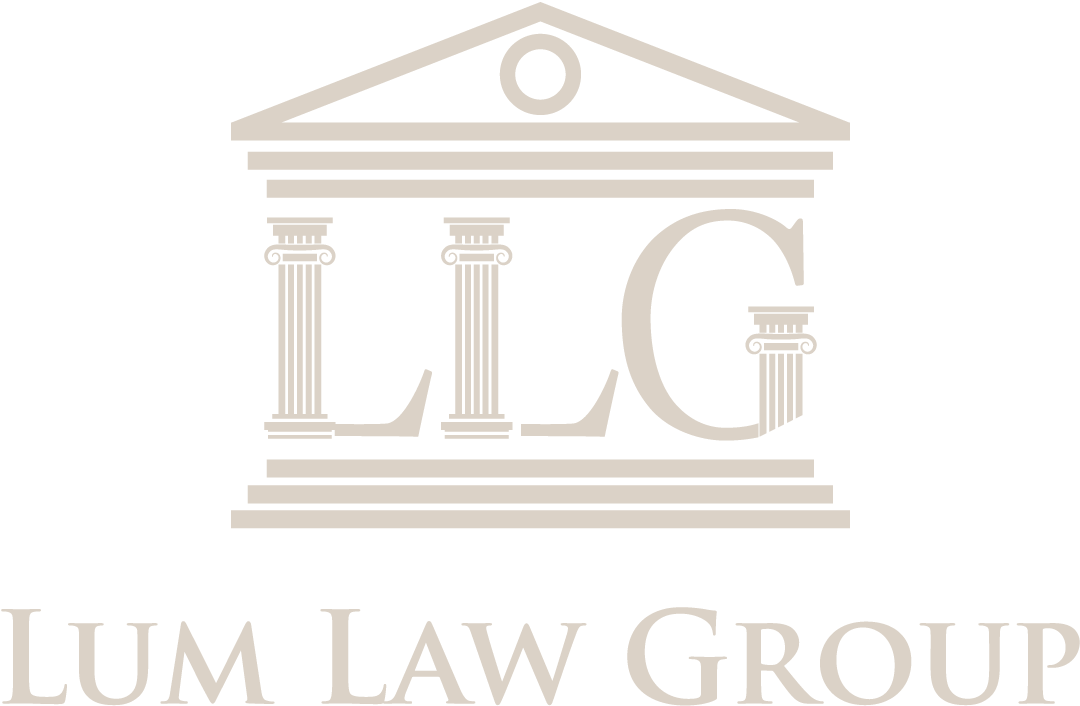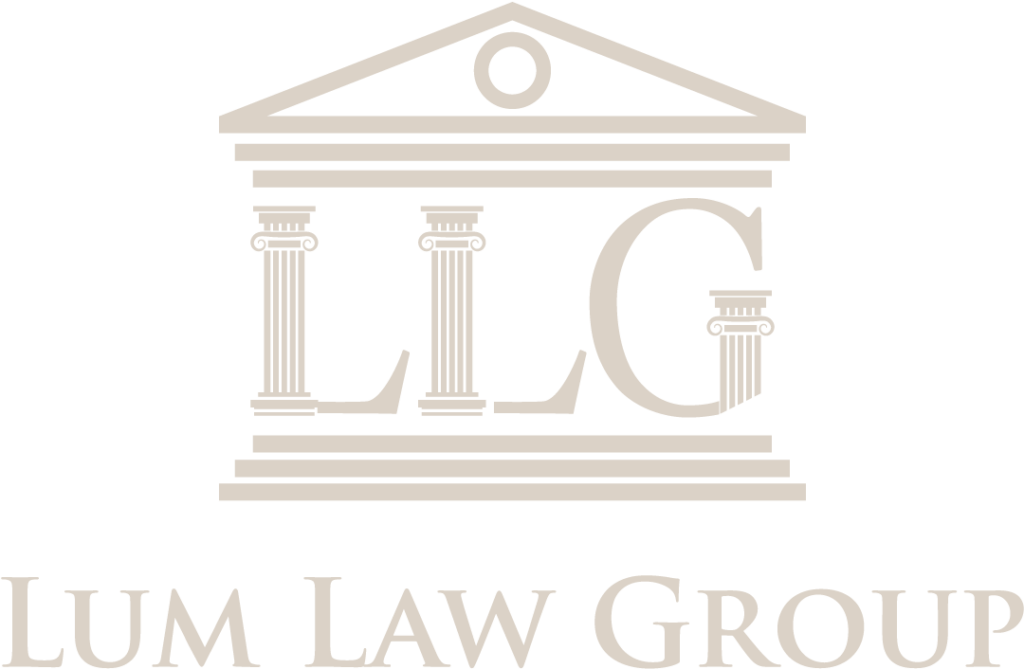Green Card holders — Get naturalized now!

If you’ve been a permanent resident (green card holder) for five years or longer, why have you not applied for citizenship yet? Our immigration attorneys are always encouraging people to apply for naturalization–relatives, friends, and clients alike! We don’t encourage you to apply for citizenship to collect attorney fees, rather, we encourage you to obtain […]
Getting married? Start planning for your immigration adjustment now!

Many of our clients come to us for assistance with their Adjustment of Status (I-485), better known as green card, applications, thinking it will be as simple as filling out a form and paying the filing fee. It is not. Those who come to us after receiving a Request for Evidence (RFE) or worse–an Intent […]
One week left to register for the 2019 Diversity Lottery!

Deadline: November 22, 2017 Where to register: U.S. Department of State website Cost: Free Instructions: Download here Despite recent headlines, the 2019 Diversity Lottery is still available! If you would like to register for the diversity lottery, you still have time. At least 50,000 green cards will be available to those born in foreign countries, […]
EB-5 and L-1 Investment Options

Scenario: You have a real estate client who wants to come to the United States and stay here. Maybe not now, but he wants to eventually immigrate here. The question is how does he do it? How can real estate contribute to his desire to immigrate to the U.S.? Is it part of his plan […]
Intellectual Property in Clothing design, manufacturing, and retail

Do you or your company make designs that are used in fabrics for sale to companies that export to the United States either fabric, or finished clothing companies in the United States? Or are you a buyer of designs made by people outside the U.S.? What you may not realize is that there may be […]
If you are a US citizen living abroad about to have children…

Did you know that children born to US citizens living outside the US are no longer automatically considered US citizens? As US citizenship is no longer automatic for children born to one or more US citizens overseas, it’s important to prepare for the process of obtaining a Consular Report of Birth Abroad (CRBA) for your child. Under […]
Family Adjustment of Status – Divorced parents – by Albert Justin Lum

Family Based I-130 – Reminder to parents! It is important to keep records of the care you give your children, even when divorced. We recently helped a client to obtain permanent resident status based on a petition from the U.S. citizen child as a divorced parent who did not have custody of the child. A […]
Recent Supreme Court Patent Ruling that Affects You, the Entrepreneur

Yesterday the Supreme Court made it easier for patent litigation winners to obtain their attorney fees from the losing party in “exceptional” cases. Although there are standards to be met, the Supreme Court has, in overturning the Federal Circuit, given more power to both plaintiffs and defendants when there is misconduct by either party during […]
Choose Your Representative Wisely

IMMIGRATION – ASYLUM APPEAL Recently I appeared before the Ninth Circuit for oral argument on a immigration appeal where my client was originally granted asylum, but the case was reopened on a motion by the government and subsequently the trial court found he had filed a frivolous asylum application but still granted him withholding of […]
Intellectual Property Rights – What’s Mine Is Mine

It’s been stated that “good artists borrow and great artists steal”. Whether or not that’s true is irrelevant but what is relevant is that if you’ve invented or created something, it’s yours. Even if others disagree, you’re protected under the legal statutes of intellectual property rights. However, creative ideas, no matter how original, are intangible […]
Why Should I Hire an Immigration Law Attorney for Myself?

Immigration procedures are long and complicated, and they usually take a lot of time to complete. Even after you’ve completed the form filling, the time you have to wait for approval is an exceptionally long one. In some cases, the approval may take a few months or even several years. At other times, people have […]
I’m an immigrant, do I qualify for government assistance?

You may qualify for government benefits, whether it’s low-cost insurance, food stamps, rent-control housing, etc. (check if you qualify here), but what you should be asking yourself is whether you need government assistance. You might be inadmissible… Every immigrant application asks if you will become a public charge, which means a public burden (someone who relies […]
Immigration: What is a “waiver” and how do I get it?

A waiver is “legal forgiveness”, which can be requested if you have a condition, a record, or any other reason why you may be considered “inadmissible” or if you’re in the US “unlawfully” (out of status). If you’re deemed inadmissible, find the I-601 form and information here. If you’re unlawfully present (illegal), find the I-601A […]
What does it mean to be scheduled for a “Removal Hearing” (deportation)?

If you are out of status and deemed “removable”, you will be placed in “removal proceedings” and scheduled for a “Removal Hearing” with U.S. Immigration court. You will receive a “Notice to Appear” (NTA) which informs you when and where your hearing will take place. The government will provide proof as to why you are […]
How do I choose an attorney?

Choosing an attorney is a personal decision. No one can tell you who you should hire. Having said that, here’s a few factors that people often consider when choosing an attorney. Fame You can definitely think of at least one “famous” attorney. Maybe you’ve seen his billboard ad. Perhaps you saw his many ads in […]

